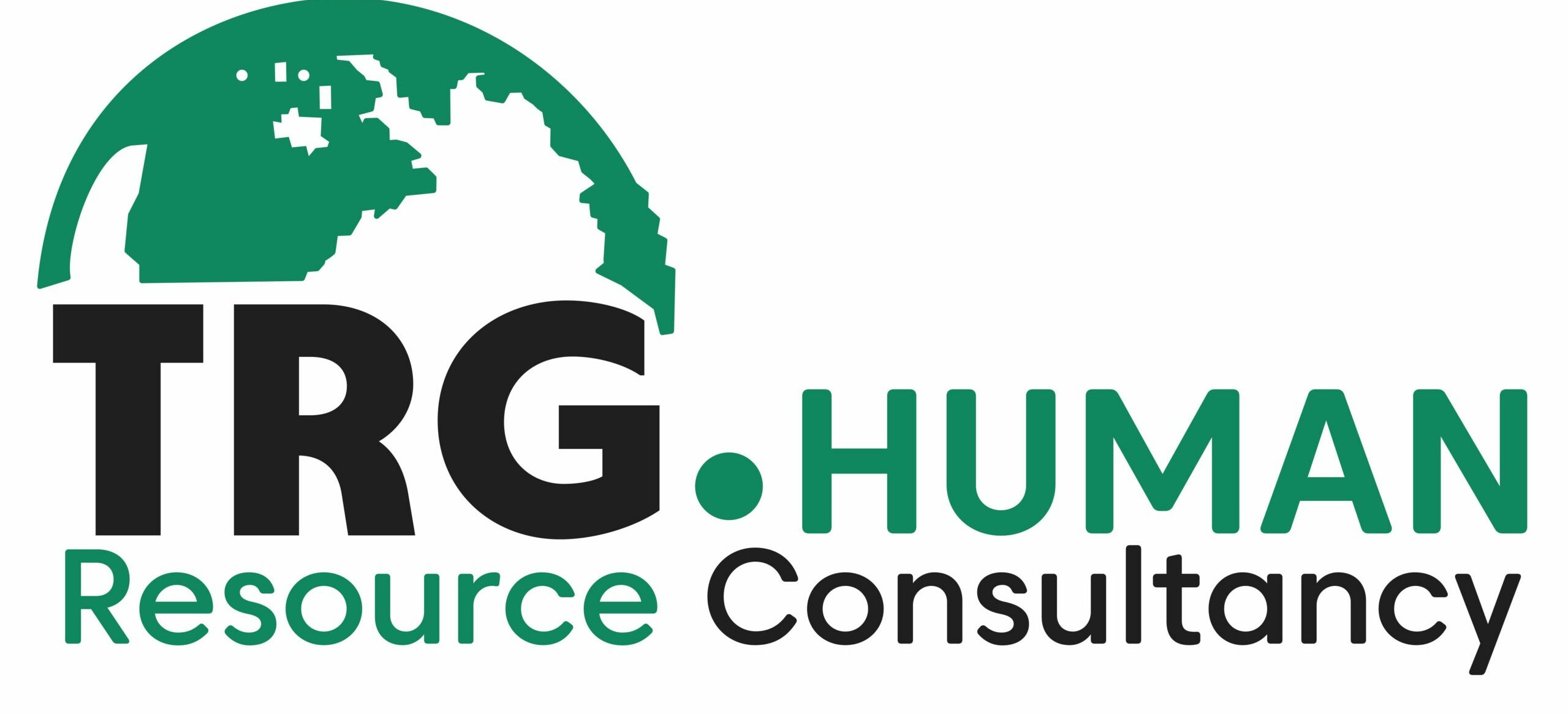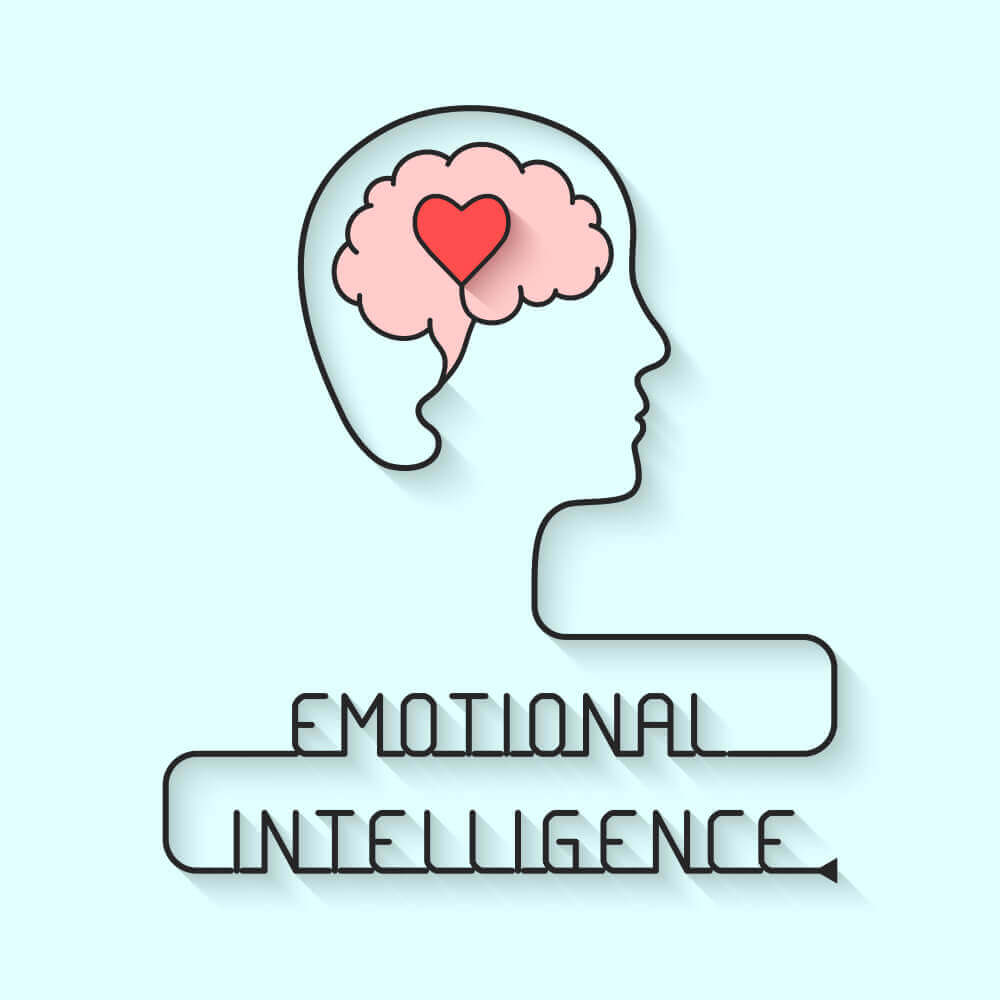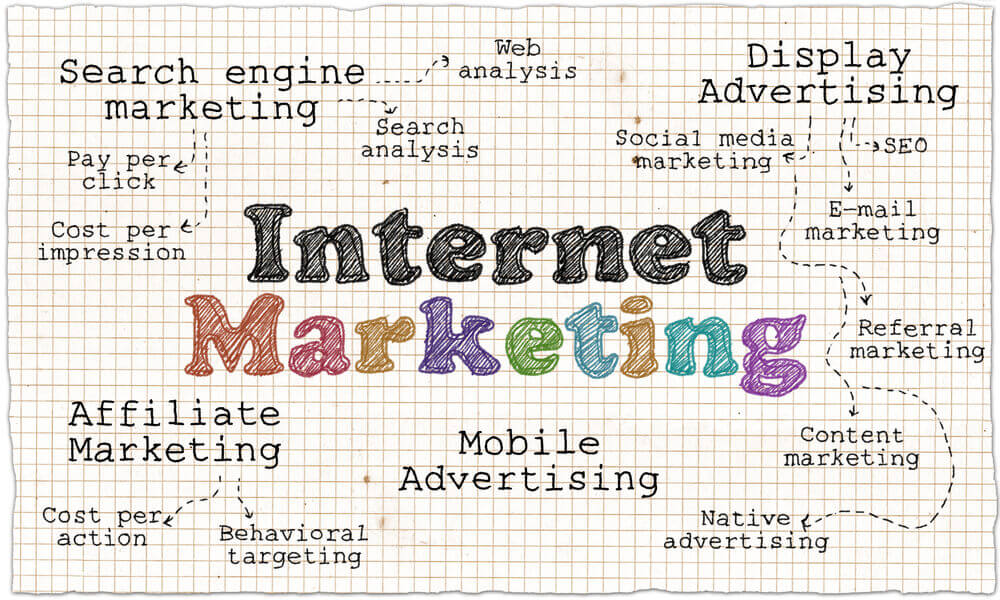The Most In Demand Skills for Future of Work
Whether you’re still deciding on a major or are a member of the Class of 2020, you’ll certainly be asking how to prepare for success in the ‘new normal. ‘There are many unknowns about how the world will look after the Coronavirus, but one thing is certain: life will never be the same again. This, however, does not have to be a terrible thing.
What can you do to ensure that you’re a strong candidate when navigating the competitive job market when new employment possibilities emerge? Soft-skill-intensive occupations will account for two-thirds of all positions by 2030, according to research, therefore acquiring and improving these skills is critical.
Most In Demand Skills for Future
Here we have listed Top 7 Most In Demand Skills for Future of work
1. Critical thinking
According to data provided by the Society for Human Resource Management (SHRM), problem-solving and critical thinking were among the top soft skills applicants lacked for 37% of employers.
It’s essential to be able to think clearly and logically as you objectively assess information in order to make educated judgments in an era where deciphering false news and conflicting data is a daily challenge. This is something you’re probably already doing without even realizing it.
Good critical thinkers elicit information by asking probing questions. “What is going on?”, “Why is this important?”, “Who is affected?”, “Where did the information originate from?”, and “Can I be confident about the source?” are some of the questions that spring to mind.
International relation is a complex field that requires critical thinking and knowledge of cross-cultural ideas.
2. Creativity
While machines and digital technology have begun to play roles in analytics and corporate operations, humans remain unique in their ability to think creatively.
Creativity is not limited to traditionally creative occupations; it is required in every business and sector. The business landscape will need to develop and adapt quickly in the future years – anybody wishing to work in business, for example, will need to be able to tap into their creative thinking in order to lead a firm through the difficulties and possibilities that it will face.
3. Emotional intelligence
Communication and social intelligence go hand in hand, and true human connection and understanding are still required in every work function.
Emotional intelligence is defined as the ability to recognize and empathize with the emotions and behaviors of others, which is critical, especially when individuals are feeling uneasy. And here is where excellent communication skills come in handy; with so many of us working from home, clarity in emails and virtual meetings is essential for building trust and maintaining high productivity.
4. Business Analysis
Business analysis is used to discover and communicate the need for change in how businesses operate, as well as to help organizations implement that change. We find and specify the solutions that will maximize the value offered by an organization to its stakeholders as business analysts.
Business analysts work at all levels of an organization, and their responsibilities range from defining a strategy to developing enterprise architecture to taking a leadership role in defining the program and project goals and requirements, as well as supporting continuous improvement in the organization’s technology and processes.
5. Analytical Reasoning
Analytical thinking is the capacity to look at data, whether qualitative or quantitative and see patterns within it. Analytical reasoning is deductive reasoning that does not require any specialized knowledge.
Understanding the fundamental structure of a set of relationships, identifying logically similar assertions, and inferring what may be true or must be true from given facts and rules are just a few examples. In the sense that its truth is self-evident, analytical reasoning is fundamental.
6. Problem Solving
Issue-solving abilities enable you to identify the root of a problem and come up with a viable solution. Although problem-solving is frequently thought of as a distinct talent, it is dependent on a number of other skills.
The following are some important problem-solving abilities:
- Communication
- Dependability
- Decision making
- Team-building
- Active listening
- Analysis
- Research
- Creativity
Problem-solving abilities are necessary for every profession and at every level. As a result, successful issue solving may need technical abilities particular to the sector or position. When engaging with patients, a registered nurse, for example, will need active listening and communication skills, as well as effective technical knowledge of illnesses and treatments.
7. Internet Marketing
Internet marketing, often known as online marketing, is the act of advertising a company or brand’s products or services through the internet with the aid of technologies that help increase traffic, leads, and sales.
Internet marketing is a wide word that refers to a variety of marketing methods and strategies, such as content, email, search, paid media, and others.
Conclusion
In the next five years, half of us will need to reskill as the “double-disruption” of the pandemic’s economic effects and growing automation changing occupations takes root.
That’s according to the third edition of the World Economic Forum’s Future of Jobs Report, which charts the future jobs and skills while tracking change and direction.






